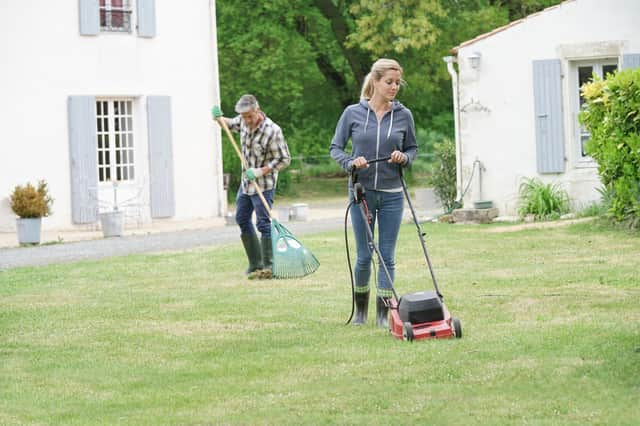Dr's Casebook: Be active and keep your chromosomes young


Dr Keith Souter writes: The usual explanation is that the exercise reduces body fat and improves organ function. Well actually, the reason why may be more complex than that. Although reducing body fat is absolutely desirable and good for you, it may be more to do with the effect that being active has on your DNA and upon the chromosomes in the cells.
When discussing health issues and habits that are injurious to health, the counter argument always comes up about old Uncle Fred who drank 12 pints a day, smoked and never exercised, yet still lived until he was 95. Then it is added that he must have had good genes, good DNA and a lot of luck.
Advertisement
Hide AdAdvertisement
Hide AdWell, that all seems to be true, but research from Sweden suggests that when one changes from being inactive to becoming more active, you can actually benefit your DNA, produce a change in your chromosomes and prevent cell death. And that may be why it is better to be active than to be a couch potato.
The more time you spend on your feet, and that doesn’t necessarily mean going to the gym, but just walking, gardening and doing things other than sitting, the more you benefit your DNA. In particular you lengthen bits at the end of DNA strands called telomeres. These protect the end of chromosomes, rather in the same way that the lace-tips of shoelaces stop fraying and shortening of shoelaces. When the DNA telomeres get shortened then cell death can result.
In this study researchers measured the length of telomeres in the blood cells of 49 overweight and sedentary people in their late 60s. Samples were taken twice, six months apart. All of the participants were randomly allocated to an exercise program or advised to stick to their usual routine. The finding was that those who spent less time sitting all had an increase in their DNA telomere lengths. Their DNA and chromosomes did not get frayed.
So avoid being a couch potato, protect your chromosomes and let your cells and yourself live longer.